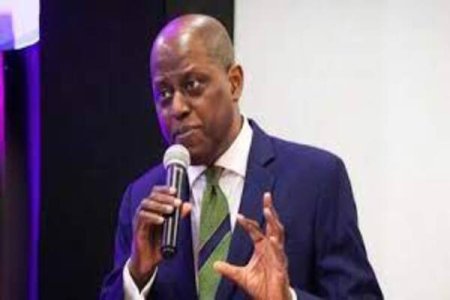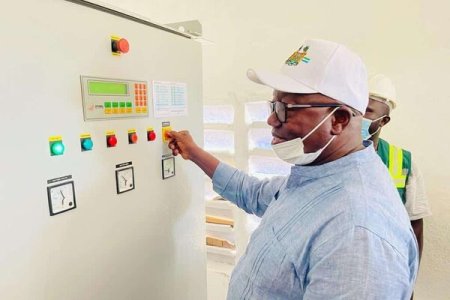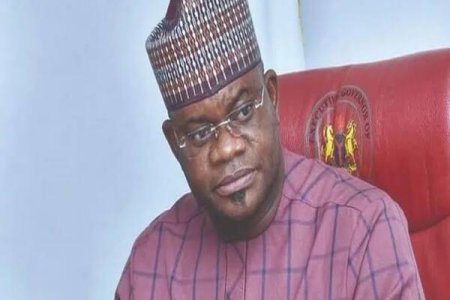
Nigeria's economic landscape faces a significant challenge as Central Bank of Nigeria (CBN) Governor Oluyemi Cardoso revealed that Nigerians spent over $40 billion on foreign education and healthcare services between 2010 and 2020. The revelation came during a session with the House of Representatives, where Cardoso emphasized that the surge in demand for foreign currencies, driven primarily by Nigerian students studying abroad, has been a major contributor to the pressure on the naira. The cumulative expenses on overseas education and medical treatments have exceeded the country's current foreign exchange reserves, posing a substantial threat to Nigeria's financial stability.
Cardoso's disclosure provides critical insights into the economic complexities Nigeria is navigating amid ongoing reforms and efforts to mitigate inflationary pressures. The implications of substantial capital outflows on the nation's economic resilience and currency stability take center stage as the government grapples with the challenges and implements strategic reforms. In addressing lawmakers' queries about the recent devaluation of the naira and foreign exchange scarcity, Cardoso emphasized the need for a collaborative approach to tackling fiscal matters, emphasizing the nuanced interplay between fiscal and monetary policies.
As Nigeria strives to safeguard economic stability and foster sustainable growth amidst ongoing reforms and evolving economic dynamics, the challenges posed by foreign education and healthcare expenditures underscore the imperative for proactive measures and coordinated efforts




